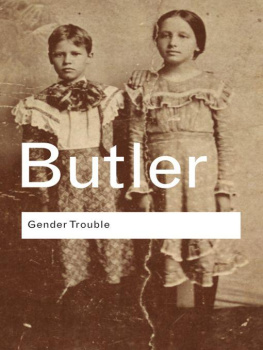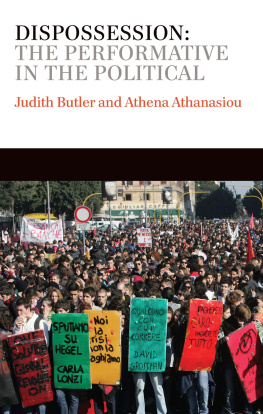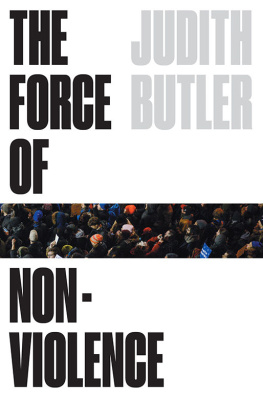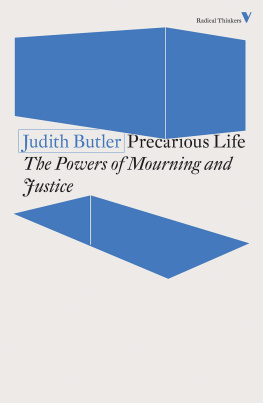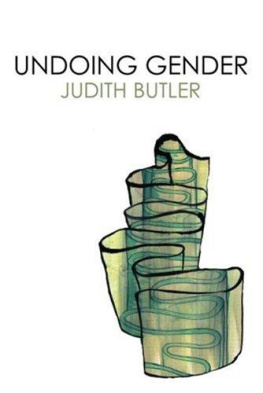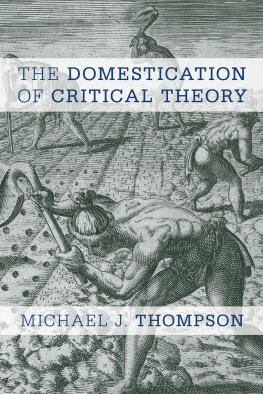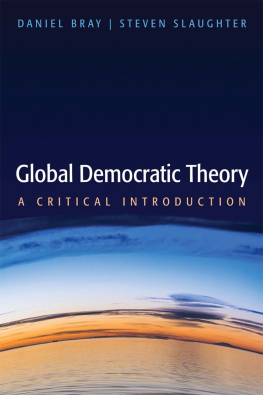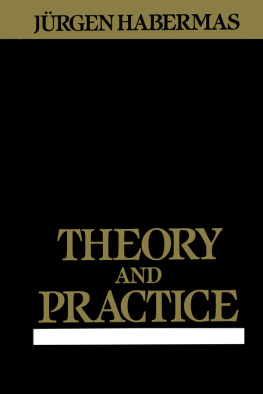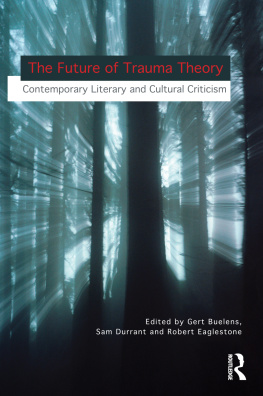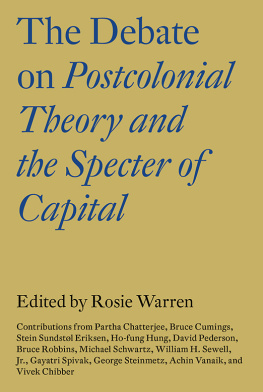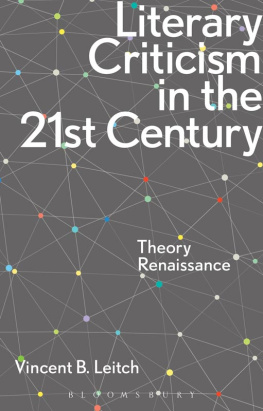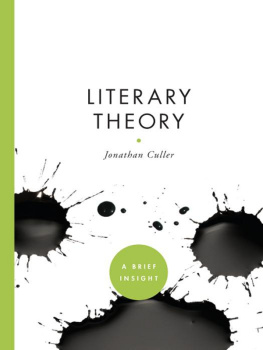WHATS LEFT OF THEORY?
ESSAYS FROM THE ENGLISH INSTITUTE
Since 1944, the English Institute has presented work by distinguished scholars in English and American literatures, foreign literatures and related fields. A volume of papers selected for the meeting is published annually.
Also available in the series from Routledge:
Comparative American Identitites:
Race, Sex, and Nationality in the Modern Text
Edited and with an introduction by Hortense J. Spillers
English Inside and Out:
The Places of Literary Criticism
Edited and with an introduction by Susan Gubar and Jonathan Kamholtz
Borders, Boundaries and Frames:
Essays on Cultural Criticism and Cultural Theory
Edited and with an introduction by Mae Henderson
Performativity and performance
Edited and with an introduction by Andrew Parker and Eve Kosofsky Sedgwick
Human, All Too Human
Edited and with an introduction by Dianna Fuss
Language Machines:
Technoloies of Literary and Cultural Production
Edited and with an introduction by Jeffrey Masten, Peter Stallybrass, and Nancy J. Vickers
WHATS LEFT OF THEORY?
NEW WORK ON THE POLITICS OF LITERARY THEORY
Edited by
JUDITH BUTLER, JOHN GUILLORY, AND KENDALL THOMAS
ROUTLEDGE
NEW YORK
LONDON
Published in 2000 by
Routledge
29 West 35th Street
New York, New York 10001
Published in Great Britain by
Routledge
11 New Fetter Lane
London EC4P 4EE
This edition published in the Taylor & Francis e-Library, 2002.
Copyright 2000 by Routledge
All rights reserved. No part of this book may be reprinted or reproduced or utilized in any form or by any electronic, mechanical or other means, now known or hereafter invented, including photocopying and recording or in any information storage or retrieval system, without permission in writing from the publishers.
In the Waiting Room from THE COMPLETE POEMS 19271979 by Elizabeth Bishop. Copyright 1979, 1983 by Alice Helen Methfessel. Reprinted by Farrar, Straus and Giroux, LLC.
Library of Congress Cataloging-in-Publication Data
Working the ruins: feminist poststructural theory and methods in education /Elizabeth A. St.Pierre and Wanda S. Pillow, eds.
p. cm.
Includes bibliographical references and index.
ISBN 0-415-92275-5 (Print Edition) ISBN 0-415-92276-3
1. Feminism and education. 2. Poststructuralism. 3. Postmodernism and education. 4. EducationResearch. I. St.Pierre, Elizabeth. II. Pillow,Wanda S.
LC197.W67 1999
370.115dc21
9930799
CIP
ISBN 0-203-90220-3 Master e-book ISBN
ISBN 0-203-90224-6 (Glassbook Format)
CONTRIBUTORS
Michael Berube, Prfessor of English and Director of the Illinois Program for Research in the Humanities at the University of Illinois at Urbana-Champaign
John Brenkman, Professor of English at Baruch College, The City University of New York
Judith Butler, Maxine Elliot Professor of Rhetoric and Comparative Literature at the University of California at Berkeley
William E. Connolly, Professor and Chair of Political Science at the Johns Hopkins University
Jonatha Culler, Class of 1916 Professor of English and Comparative Literature at Cornell University
John Guillory, Professorof English at New York University
Janet E. Halley, Professor of Law and Robert E. Paradise Faculty Scholar at Stanford University
Marjorie Levinson, F. L. Huetwell Professor of English at the University of Michigan
Jeff Nunokawa, Associate Professor of English at Princeton University
Gayatri Chakravorty Spivak, Avalon Foundation Professor in the Humanities at Columbia University
Kendall Thomas, Professor in the School of Law, Columbia University
Michael Warner, Professor of English at Rutgers University
ACKNOWLEDGMENTS
We thank Stuart Murray for his assistance in organizing the submission of this volume of English Institute papers, Marjorie Garber and Andrew Parker, for prodding us along with humor and persistence. And we thank the English Instititute for the chance to come together, to write for one another, and for posing for us some of the more vexed questions in literary studies to think about. At Routledge, we thank Bill Germano for his patience and insistence, Krister Swartz for his work on production, and Julien Devereux for keeping us on track.
John Brenkmans essay appears as Extreme Criticism, in Critical Inquiry 26.1 (Autumn 1999).
William E. Connollys essay appeared in a slightly different form in Why I Am Not a Secularist (Minneapolis: University of Minnesota Press, 1999).
Janet Halleys essay appeared first as Gay Rights and Identity Imitation: Issues in the Ethics of Representation, in The Politics of Law: A Progressive Critique, 3rd ed., David Kairys, ed. (New York: Basic Books, 1988), pp. 115146.
Gayatri Chakravorty Spivaks essay will also appear as a chapter in a forthcoming book.
Michael Warners essay appears in altered form in The Trouble with Normal: Sex, Politics, and the Ethics of Queer Life (New York: The Free Press, 1999).
PREFACE
JUDITH BUTLER , JOHN GUILLORY, AND KENDALL THOMAS
FOR SEVERAL YEARS a debate on the politics of theory has been conducted energetically within literary studies. The terms of the debate, however, are far from clear. What is meant by politics? What is meant by theory? Theory more often than not appears to mean poststructuralism, but it is unclear why (a) the history of literary theory should be collapsed into the synecdoche of poststructuralism and (b) whether poststructuralism, in its varied forms, can be referred to meaningfully as a unitary phenomenon. Theory sometimes operates as shorthand for a certain operation of formalism, the uncovering of the structural conditions and features of a text, a way of reading that culminates in a self-referential move, e.g. the text allegorizes some feature about tex-tuality itself. The reigning suspicion toward this kind of formalism is that it suspends questions of context; if a text cannot thematize the world from which it comes, how can it constitute the basis of a politically informed reading? If, the argument goes, the text is not about something other than itself, it is certainly not about its world. This loss of referentiality is tantamount to the loss of political relevance.
There are, at least, two rejoinders to make to this characterization of theory. The first is that even if by theory one refers to the work of Derrida, de Man, Foucault, it is unclear that any of them are unequivocally formalist. For Derrida, the form of a literary text is always contaminated by that which exceeds its bounds, and the criticism that deconstruction levelled against the New Criticism from which it emerged was that a text cannot achieve and sustain formal unity. There is always that which calls the form into question, and that is not simply another formal element, but a resistant remainder that sets limits to formalism itself. Moreover, the question of context is not dismissed within deconstruction: it is simply held to be illimitable. This does not mean that one ought never to try to delimit a context, but only that every such attempt will be open to necessary revision. The appropriation and redeployment of poststructuralism in legibly political contexts by writers such as Stuart Hall, Ernesto Laclau, Homi Bhabha, Gayatri Chakravorty Spivak, Drucilla Cornell, Teresa de Lauretis, do not apply the theories of French poststructuralism to political contexts, but recontextualize or iterate the theory in ways that augment its contamination and enhance its political salience. These redeployments of theory in the context of politically invested arenasrace, colonialism, sexuality, genderare generally situated within a left academic discourse. Of course, there are those who would call into question the legitimacy of calling such theories left, fearing a corruption of politics by theory, but this is clearly a sign of how far the left has departed from the theoretical tradition of Marx himself.


